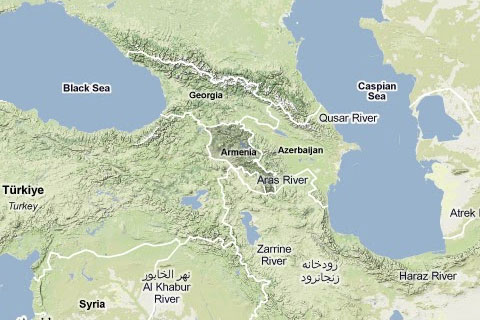|
BBC lecture: Armenia, the cleverest nation on earth
17.09.2010 – Next Tuesday the 39th Chess Olympiad begins in Khanty Mansiysk, with Russia is the favourite in all categories. But wait – who won the last two? It was Armenia, a tiny country with a total population less than a third that of Moscow. How is that possible – is it something in the water? Gabriel Gatehouse of the BBC tries to answer this question in a wonderfully interesting BBC World Service broadcast.
Armenia: the cleverest nation on earth
Armenia, a tiny, poor country of around three million people, has won the chess Olympics twice in a row. In so doing, it has triumphed over giants like Russia, China and the US. Chess is pursued fanatically in many parts of the world, but nowhere more so than Armenia, where its over-the-board stars have become national celebrities.
But how has little Armenia created a nation of chess geniuses; is there something in the water? Assignment investigates.
Armenia
Formerly part of the Soviet Union, Armenia today is a unitary, multiparty, democratic nation-state in a landlocked mountainous country in the Caucasus region of Eurasia. Situated at the juncture of Western Asia and Eastern Europe, it is bordered by Turkey to the west, Georgia to the north, the de facto independent Nagorno-Karabakh Republic and Azerbaijan to the east, and Iran and the Azerbaijani exclave of Nakhchivan to the south.

Armenia has an ancient and historic cultural heritage. The Kingdom of Armenia was the first state to adopt Christianity as its religion in the early years of the 4th century. The modern Republic recognizes the Armenian Apostolic Church as the national church of Armenia, although the republic has separation of church and state.
Source: here
|

